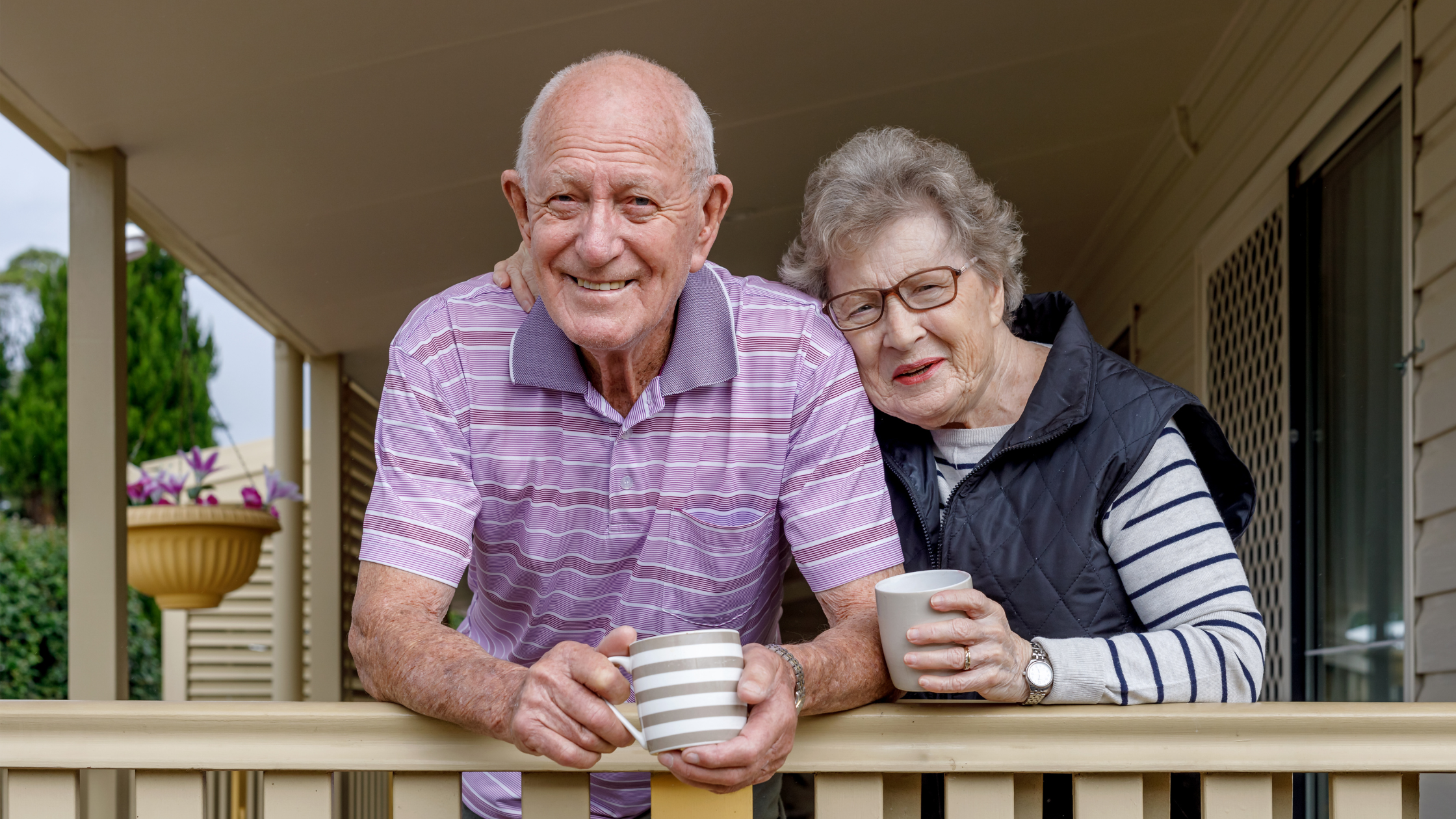Owning your home can be a huge relief, especially when you don’t have a regular paycheck coming in anymore.
Without the burden of rent or a mortgage, your living expenses can really drop, which is a big plus when you’re on a fixed income. And let’s face it, staying in your own home means you get to enjoy retirement in a place that’s familiar and comforting.
But there’s more you can do with your home than just live in it. You might think about:
- renovating to boost its value
- renting out a spare room for some extra cash
- adding a granny flat for family or additional income
- downsizing
Just keep in mind that some of these options could affect your Age Pension, so it’s worth checking how any changes might impact your payments.
(Also, be careful with personal safety if renting out rooms or space)
On the financial side, the government doesn’t count your primary residence YET as an asset when calculating your Age Pension, which means you can hold onto a valuable property without it affecting your pension payments.
However, this may change if the proposal from Actuaries Institute will push through.
Over the years, property values in Australia have generally gone up, so your home could also be a reliable source of wealth.
[ RELATED POST: Calls for Family Home to Be Included in the Age Pension Asset Test ]
Some people think of their home as just a place to live, but it can actually be a powerful financial asset.
For instance, if your home is bigger than you need now that the kids have moved out, downsizing could free up a lot of cash.
It’s then possible to invest that money to generate extra income during your retirement. The government even allows you to put some of the proceeds from selling your home into your superannuation, which can be a smart move (financial advice is strongly recommended for these options).
Unlocking Your Home’s Value with a Reverse Mortgage
If you want to stay in your home but need some extra cash, a Reverse Mortgage might be something to consider.
This type of loan lets you borrow money against the value of your home, with no need to make repayments until you sell the house, move into long-term care, or pass away.
This can be a great way to access extra funds for day-to-day expenses, medical bills, or even a big-ticket item you’ve had your eye on.
However, it’s important to know what you’re getting into.
Reverse mortgages usually come with higher interest rates than regular home loans (this is because the lender often doesn’t get any capital back for 10, 20 or even 30 years)
The interest compounds over time (unless you make voluntary monthly ineterst payments). This can add up over time, potentially leaving you with a larger debt than you might expect.
Plus, in some cases taking out a Reverse Mortgage could affect your Age Pension. If you use the money to buy something that counts as an asset, or if you leave it sitting in a savings account.
[ RELATED POST: Buying Your ‘Retirement Car’? Consider These Senior-Friendly Features ]
That said, if you’re “asset-rich but cash-poor,” a Reverse Mortgage can give you the financial flexibility you need to enjoy your retirement without having to leave your home.
Pros of Reverse Mortgages
Here are some key advantages of Reverse Mortgages that can be particularly beneficial during retirement:
- No Monthly Payments: You don’t have to make regular payments on a Reverse Mortgage. The loan is only repaid when you sell the house, move into long-term care, or pass away, giving you more financial breathing room.
- Stay in Your Home: Reverse Mortgages allow you to remain in your home for as long as you wish, which can be crucial for your comfort and well-being in retirement.
- Access to Tax-Free Funds: The money you receive from a Reverse Mortgage is generally tax-free, providing you with additional income without increasing your tax burden.
- Flexible Use of Funds: You can use the funds from a Reverse Mortgage for any purpose—whether it’s covering daily living expenses, paying off existing debts, funding home improvements, or even going on that long-awaited holiday.
- No Negative Equity Guarantee: In Australia, Reverse Mortgages come with a no negative equity guarantee, meaning you will never owe more than the value of your home, even if the property market declines.
Want to learn more about Reverse Mortgage? Download your FREE Reverse Mortgage GUIDE.
Ready to Apply? You can now check your eligibility online or call Seniors First on 1300 745 745.
Disclaimer: This article is for informational purposes only and does not constitute financial advice. Please consult a licensed financial advisor before you make any decision.


